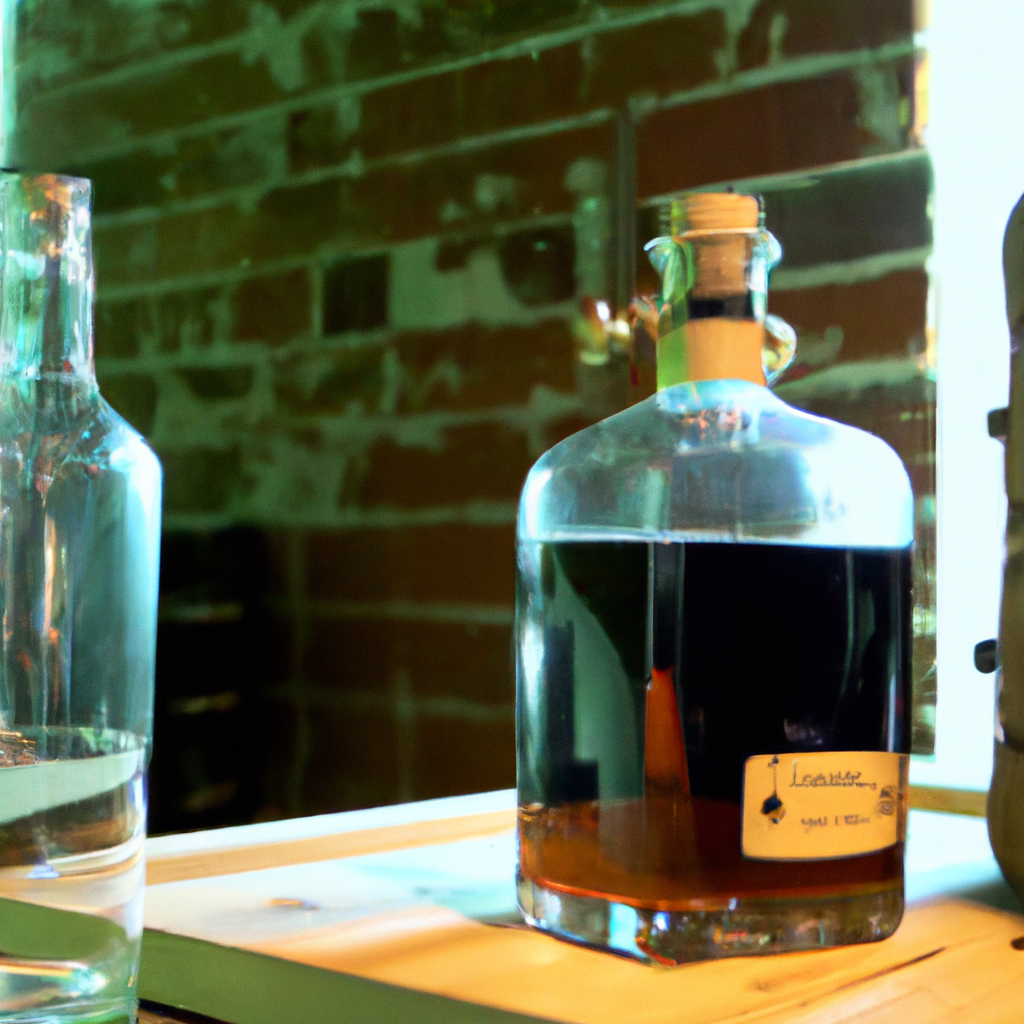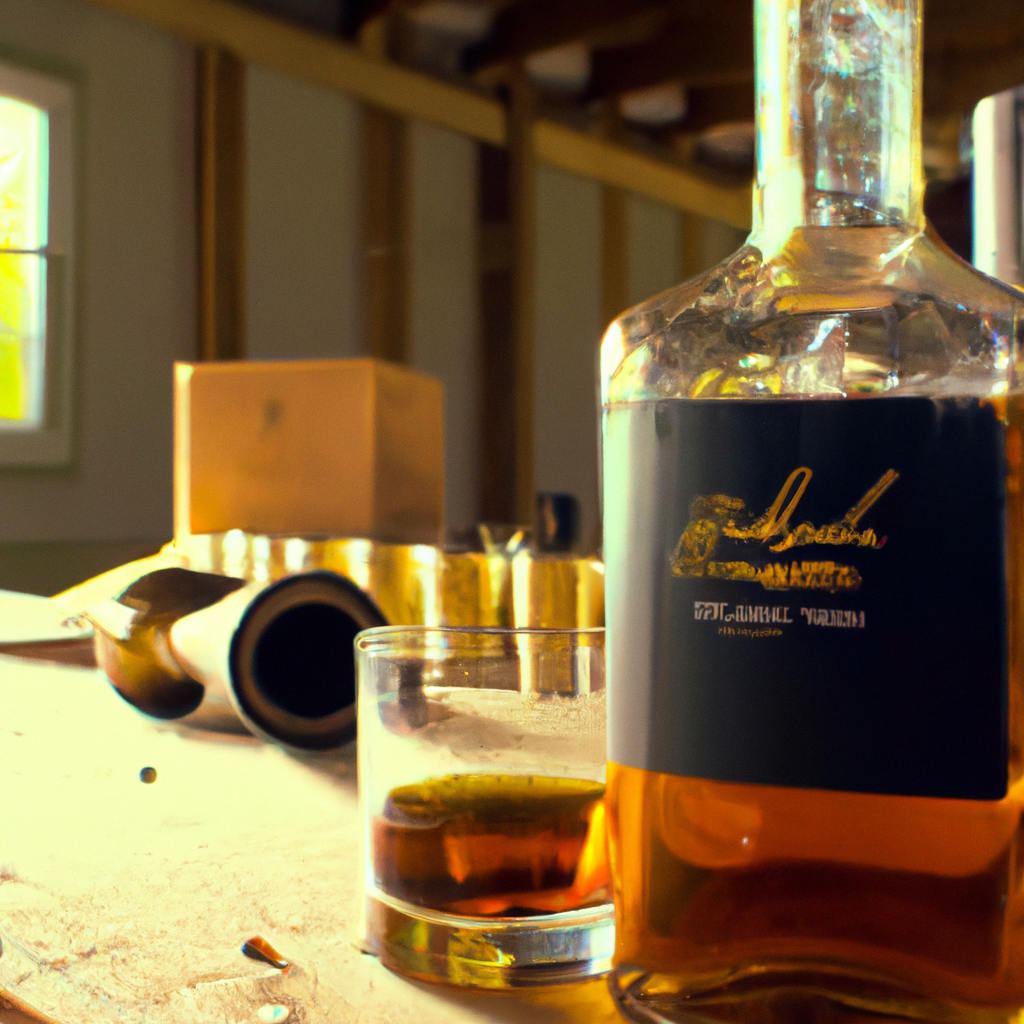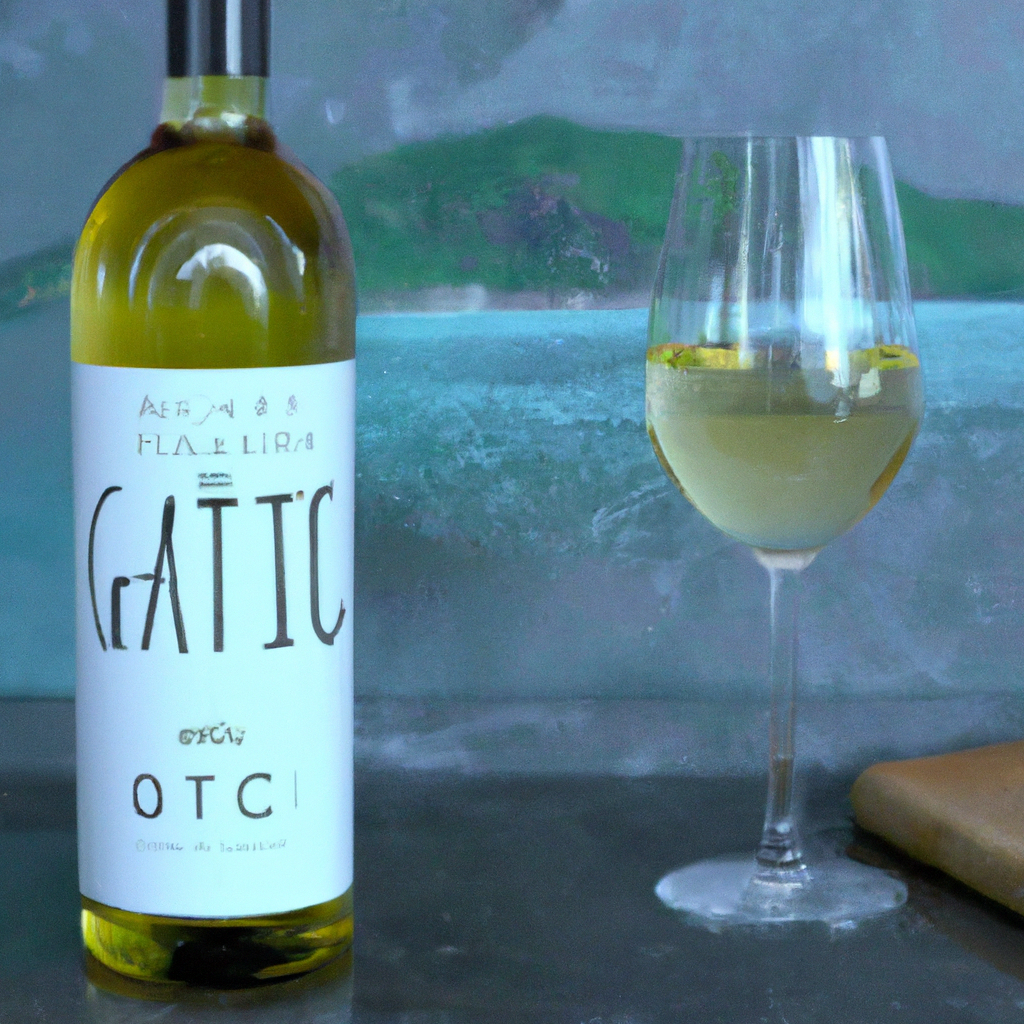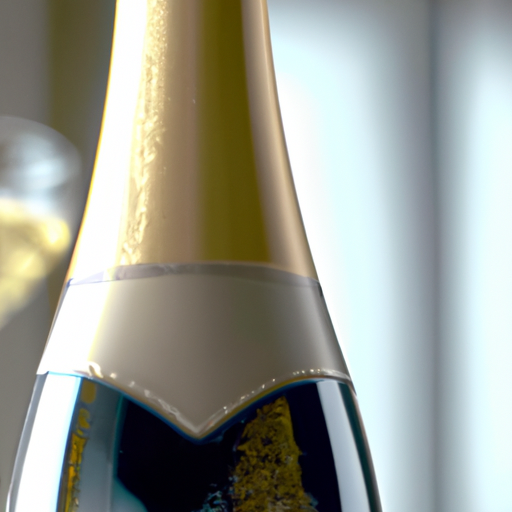Is it Time for Black-Owned Distilleries to Stake Their Claim in the $9 Billion Kentucky Bourbon Market?

-
Article Summary
- Is it Time for Black-Owned Distilleries to Stake Their Claim in the $9 Billion Kentucky Bourbon Market?
- Key Takeaways
- Introduction: A Market Ripe for Diversity
- The Current State of the Bourbon Industry
- Challenges Faced by Black-Owned Distilleries
- Black-Owned Distilleries Making Their Mark
- FAQ Section
- Why is there a lack of diversity in the bourbon industry?
- What are some examples of black-owned distilleries?
- What challenges do black-owned distilleries face?
- How can the bourbon industry become more diverse?
- What is the potential for black-owned distilleries in the Kentucky Bourbon market?
- Conclusion: A Future of Diversity in Bourbon
- Key Takeaways Revisited
Is it Time for Black-Owned Distilleries to Stake Their Claim in the $9 Billion Kentucky Bourbon Market?

[youtubomatic_search]
Key Takeaways
- The Kentucky Bourbon market is a $9 billion industry with a rich history, but it has been largely dominated by white-owned distilleries.
- There is a growing movement for diversity and inclusion in the bourbon industry, with black-owned distilleries beginning to emerge.
- Black-owned distilleries face unique challenges, including access to capital and overcoming historical racial disparities.
- Despite these challenges, black-owned distilleries are making strides in the industry, with examples like Brough Brothers Distillery and Uncle Nearest Premium Whiskey.
- There is a significant opportunity for black-owned distilleries to stake their claim in the Kentucky Bourbon market, but it will require continued efforts to break down barriers and promote diversity.
Introduction: A Market Ripe for Diversity
The Kentucky Bourbon market, a $9 billion industry, is steeped in tradition and history. However, this history has been largely dominated by white-owned distilleries. As conversations around diversity and inclusion become more prevalent, the question arises: Is it time for black-owned distilleries to stake their claim in this lucrative market?
The Current State of the Bourbon Industry
Despite the bourbon industry’s rich history, it has been slow to diversify. According to a 2020 report by the Distilled Spirits Council, only a small fraction of the more than 2,000 distilleries in the United States are black-owned. This lack of representation is not unique to the bourbon industry, but it is particularly pronounced given the industry’s deep roots in the South, a region with a complex racial history.
Challenges Faced by Black-Owned Distilleries
Black-owned distilleries face a unique set of challenges. Access to capital is a significant hurdle, as the cost of starting a distillery can be prohibitively high. Additionally, overcoming historical racial disparities and biases in the industry can be a daunting task. Despite these challenges, there are black-owned distilleries making strides in the industry.
Black-Owned Distilleries Making Their Mark
Brough Brothers Distillery, based in Louisville, Kentucky, became the first black-owned distillery in the state in 2020. Founded by three brothers, the distillery aims to bring diversity to the bourbon industry while also giving back to their local community. Another notable example is Uncle Nearest Premium Whiskey, a brand honoring the legacy of Nathan “Nearest” Green, a former slave who taught Jack Daniel how to make whiskey. These distilleries are not only producing high-quality bourbon but also challenging the status quo and paving the way for future black-owned distilleries.
FAQ Section
Why is there a lack of diversity in the bourbon industry?
Historical racial disparities, lack of access to capital, and the high cost of starting a distillery are some of the main reasons for the lack of diversity in the bourbon industry.
What are some examples of black-owned distilleries?
Brough Brothers Distillery and Uncle Nearest Premium Whiskey are two notable examples of black-owned distilleries.
What challenges do black-owned distilleries face?
Black-owned distilleries face challenges such as access to capital, overcoming historical racial disparities, and breaking into a market dominated by established, predominantly white-owned distilleries.
How can the bourbon industry become more diverse?
The bourbon industry can become more diverse through initiatives aimed at promoting diversity and inclusion, providing financial support and resources to minority-owned distilleries, and creating a more inclusive industry culture.
What is the potential for black-owned distilleries in the Kentucky Bourbon market?
With the bourbon market valued at $9 billion, there is significant potential for black-owned distilleries. However, it will require continued efforts to break down barriers and promote diversity in the industry.
Conclusion: A Future of Diversity in Bourbon
The Kentucky Bourbon market, while steeped in tradition, is ripe for change. The emergence of black-owned distilleries like Brough Brothers Distillery and Uncle Nearest Premium Whiskey signals a shift towards a more diverse and inclusive industry. While challenges remain, the potential for black-owned distilleries in this $9 billion market is significant. It is time for the bourbon industry to embrace this change and support the growth and success of black-owned distilleries.
Key Takeaways Revisited
- The Kentucky Bourbon market, a $9 billion industry, has been largely dominated by white-owned distilleries, but there is a growing movement for diversity.
- Black-owned distilleries face unique challenges, including access to capital and overcoming historical racial disparities.
- Despite these challenges, black-owned distilleries like Brough Brothers Distillery and Uncle Nearest Premium Whiskey are making strides in the industry.
- There is a significant opportunity for black-owned distilleries to stake their claim in the Kentucky Bourbon market, but it will require continued efforts to break down barriers and promote diversity.
[youtubomatic_search]



